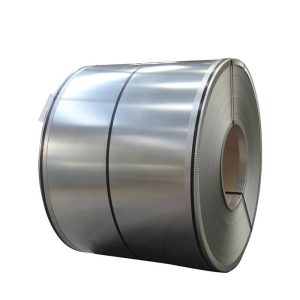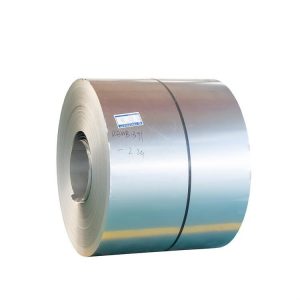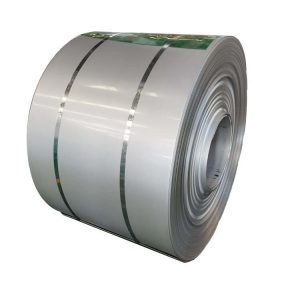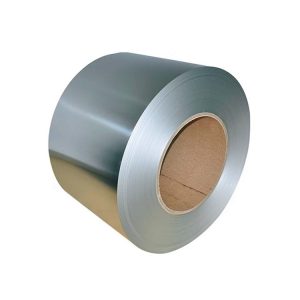How thick is 304 stainless steel coil?
08-14-2024
304 stainless steel, known for its versatility and durability, is a popular choice for a wide range of industrial and domestic applications. It is highly resistant to corrosion, making it ideal for use in environments where exposure to moisture, chemicals, or saltwater is common. One of the key considerations when selecting 304 stainless steel for a project is the thickness of the material, particularly when dealing with coils.
Standard Thicknesses of 304 Stainless Steel Coil
The thickness of 304 stainless steel coil is typically measured in millimeters (mm). The standard and commonly available thicknesses range from relatively thin gauges suitable for lightweight applications to thicker gauges suitable for heavy-duty use. Some of the most common thicknesses include:
0.4mm: This thin gauge is often used in decorative applications, such as cladding and trim work, where a lightweight yet durable material is required.
0.6mm: Slightly thicker than 0.4mm, this gauge is suitable for applications that require a bit more strength and durability, such as some types of industrial equipment and machinery components.
0.8mm: This thickness is commonly used in the construction of food processing equipment, chemical tanks, and other applications where a balance of strength and corrosion resistance is essential.
1.0mm: With increased thickness, 1.0mm 304 stainless steel coil is suitable for more demanding industrial applications, including piping systems, valves, and fittings.
1.2mm and 1.5mm: These thicker gauges are often used in heavy-duty applications such as pressure vessels, structural components, and marine equipment, where high strength and durability are paramount.
Custom Thicknesses
While standard thicknesses are widely available, it's also possible to obtain custom-thickness 304 stainless steel coils to meet specific project requirements. Manufacturers can produce coils with thicknesses ranging from very thin gauges (e.g., 0.1mm) to very thick gauges (e.g., 20mm or more), depending on the capabilities of their equipment and the demands of the application.
Factors Affecting Thickness Choice
The choice of thickness for 304 stainless steel coils depends on several factors, including:
Application Requirements: The intended use of the coil determines the required thickness. For example, lightweight decorative applications may require thinner gauges, while heavy-duty industrial equipment may necessitate thicker gauges.
Cost: Thicker gauges generally cost more than thinner ones due to increased material usage and potentially more complex processing.
Strength and Durability: Thicker coils offer higher strength and better durability, making them suitable for applications that require resistance to wear and tear or high pressures.
Formability: Thinner gauges are easier to form and bend, making them ideal for applications that require intricate shaping or bending.
The Summary
The thickness of 304 stainless steel coils varies depending on the specific requirements of the application. While there are standard and commonly used thicknesses, the material can also be custom-manufactured to meet unique needs. In selecting the appropriate thickness, it is important to consider the intended use, cost, and processing capabilities to ensure that the coils meet the project's requirements and perform optimally.









